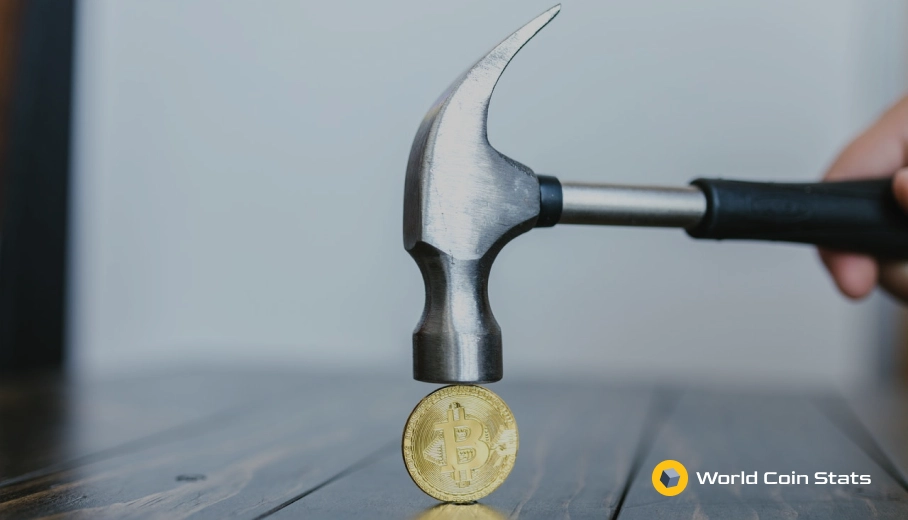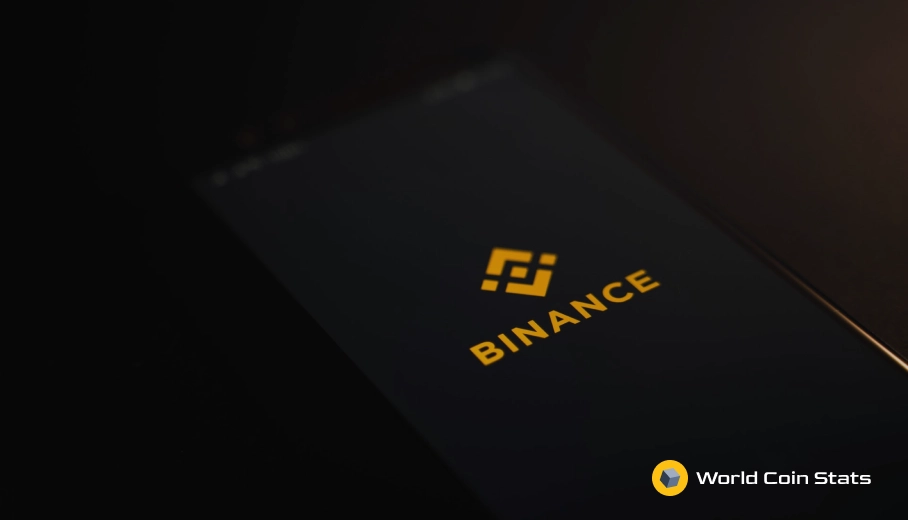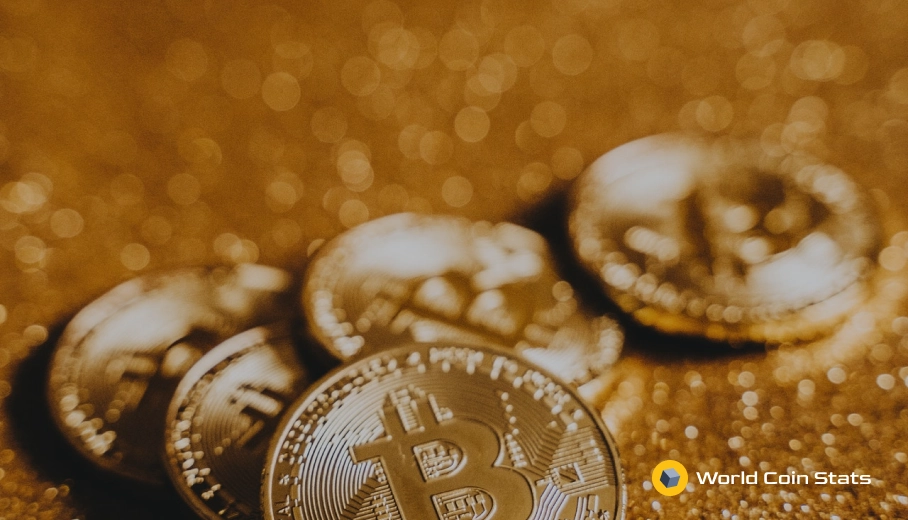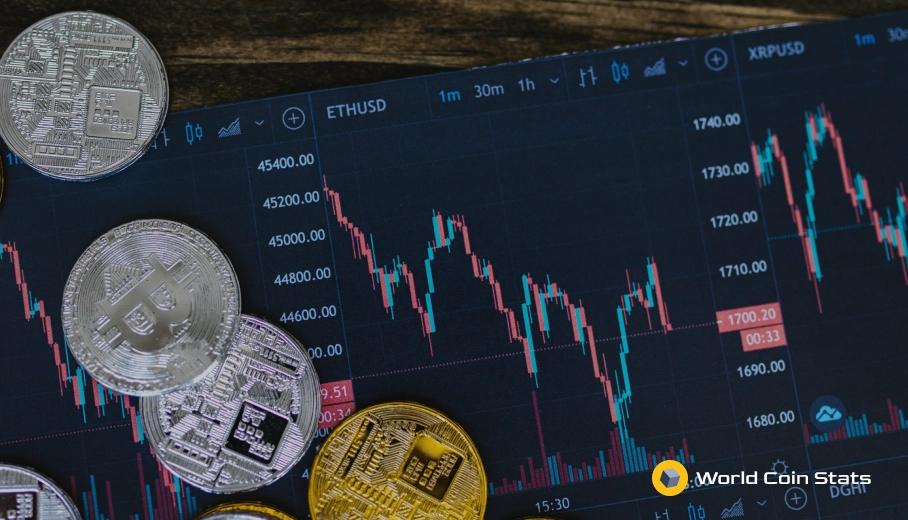Lost Bitcoin to a Scam – Is it Possible to Recover it?
Have you lost Bitcoin to one of the many scams that involve Bitcoin?
It’s one of the dark sides of Bitcoin. The immutability of Bitcoin transactions makes it a popular medium for scams.
If you have been scammed out of your Bitcoin, then you’re probably wondering if you have any recourse. In other words, is it possible to recover Bitcoin lost to a scam?
This article will cover everything you need to know about recovering Bitcoin in the event of a scam.
Contents
Is it possible to recover Bitcoin lost to a scam?
Unfortunately, it’s not possible to recover Bitcoin lost to a scam in most cases. With that said, there are some ways to recover Bitcoin lost to certain scams, but it’s generally not possible to recover it for most scams.
Why can’t I (usually) recover lost Bitcoin?
As mentioned previously, Bitcoin transactions are immutable. This means the transactions cannot be reversed.
Of course, this is one of the biggest selling points about Bitcoin, but it’s also one of the weaknesses about the cryptocurrency.
When can I recover lost Bitcoin?
We did mention that it is possible to recover lost Bitcoin in certain scenarios. Those scenarios are the following:
- The transaction has been unconfirmed on the blockchain.
- You have the scammers identification AND the scammer lives in a jurisdiction that has a favorable court system.
How to reverse a Bitcoin transaction?
If the Bitcoin transaction has not been confirmed on the blockchain, then it is possible to reverse the transaction.
Simply go to your wallet and cancel the transaction. You generally have 10 minutes before the transaction will be confirmed on the blockchain, so this isn’t usually a viable method to reverse a transaction in the event that you have been scammed.
However, it is still possible if you realize that you have been scammed and the transaction did not confirm on the blockchain for some reason, which does happen from time to time.
What if I know the scammer’s personal information?
If you know the scammer’s personal information, then it is sometimes possible to recover your stolen Bitcoin.
You will have to sue the scammer in civil court and win an injunction against them, though. This isn’t easy nor common because most scammers keep their identity private. Even if you do know their identity, then it still might not be possible to sue them if they live in a different jurisdiction than you.
For instance, an American attempting to sue a scammer residing in Nigeria or Pakistan will have more hurdles than it’s likely worth.
On top of that, collecting on the injunction is also difficult. In those cases, you will often have a piece of paper that says you are owed money with no way to collect that money.
All things considered, it’s extremely rare for a Bitcoin scammer to get sued in a civil court. And it’s even less likely that you will be able to collect on any injunction you win against them.
Can I pay a hacker to hack the Bitcoin from the scammer’s wallet?
No, it is illegal to do that, so it’s not recommended that you do that. On top of that, anyone claiming they can hack a Bitcoin wallet is attempting to scam you.
This is actually another scam. Please, don’t fall for this scam.
How to Avoid Bitcoin Scams

There are a lot of scams that involve Bitcoin. Fortunately, it’s not too difficult to avoid Bitcoin scams if you follow these basic guidelines.
Don’t Send Bitcoin to Strangers
The biggest way to avoid Bitcoin scams is by not sending Bitcoin to strangers. Do you know the person you are sending the Bitcoin to?
No?
Then you should not send them Bitcoin. The risk is simply too great that they will run off with your Bitcoin rather than performing the services that they have promised you.
Bitcoin Multipliers Are Scams
One of the more popular scams involving Bitcoin is the Bitcoin multiplier scam. Basically, you send Bitcoin to a wallet and the wallet will send you more Bitcoin in return.
Some scammers use fake celebrity accounts or even hacked celebrity accounts.
However, anytime someone says they can multiply Bitcoin for you they are running a scam. There are no exceptions to this rule.
Bitcoin multipliers are always a scam.
Keep Your Bitcoin In A Wallet And Not The Exchange
You should keep your Bitcoin in a Bitcoin wallet rather than on the exchange that you purchase. In addition to that, you should only use a trustworthy cryptocurrency exchange.
Even trustworthy exchanges get hacked, though.
Just keep Bitcoin in a wallet to keep yourself safe. It’s much safer that way.
Keep Your Private Key In A Secure Location (not your computer)
If you keep Bitcoin in a wallet, then you should keep your private key in a secure location. A secure location is not on your computer by the way.
Hackers will often scan your computer to see if you have any cryptocurrency keys stored on it.
We recommend writing your private key on a piece of paper and keeping it in a secure fireproof safe.
A hardware wallet will also work for keeping your Bitcoin secure while offering more convenience than a paper wallet.
Don’t Join Public Bitcoin Investment Groups
Bitcoin investment groups are not always scams. However, they usually are scams, especially if they are public investment groups.
These scams usually involve artificially pumping the price up of a cryptocurrency so the scammers can unload their cryptocurrency at a higher price.
The victims are left holding the cryptocurrency at a higher price with no demand when the scam is over.
Our recommendation is to avoid Bitcoin investment groups unless you are closely acquainted with all parties involved in the group because of these scams.
Final Thoughts
That’s about it for recovering Bitcoin lost to a scam – it’s generally not possible to recover it.
Anyone that tells you they can recover it for you is trying to scam you, so we don’t recommend going down that avenue.
Our recommendation is to follow our tips for avoiding Bitcoin scams, which should prevent you from losing any cryptocurrency to a scam.




